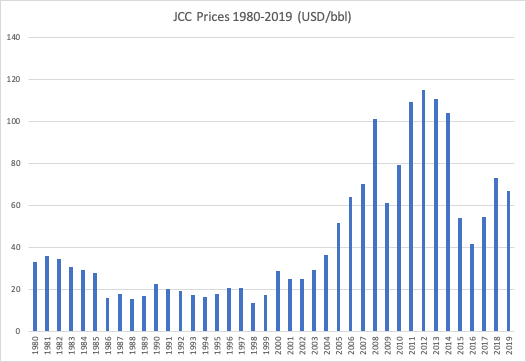Sumitomo Chemical Advances Biomass-Based Mass Production of LCP

In a significant development for sustainable manufacturing, Sumitomo Chemical Co., Ltd. has announced the establishment of a mass production technology for liquid crystal polymer (LCP) using biomass-derived monomers. This advancement, reported on June 12, 2025, positions Sumitomo Chemical as a leader in the LCP market while addressing the increasing demand for environmentally friendly materials in industrial applications.
Liquid crystal polymers, known for their exceptional heat and fire resistance, find extensive use in sectors ranging from electronics to automotive manufacturing. Currently, most raw materials for these applications are sourced from fossil fuels. However, with rising awareness of environmental issues, there has been a growing call for the switch to biomass materials. According to Dr. Emily Chen, an environmental chemist at Stanford University, “The transition to biomass-based materials is not just beneficial for the environment; it also opens up new avenues for innovation in material science.”
Sumitomo Chemical's innovative approach involves a segregation method during the production process, which completely separates biomass components from other materials. This technique allows for precise control over the biomass content, ensuring transparency regarding the amount of biomass in the final product. Additionally, the company is also exploring a mass balance approach, which allocates the characteristics of biomass materials to a portion of the final product based on their proportion in the manufacturing process. This dual approach aims to cater to diverse customer needs, as highlighted by Hiroshi Tanaka, Head of Research and Development at Sumitomo Chemical, who stated, “We are committed to developing solutions that not only meet but exceed our customers' expectations in sustainability.”
The push towards biomaterials is further supported by significant advancements in synthetic biology, which have facilitated the integration of biotechnology with traditional chemical processes. A report by the World Economic Forum in 2024 indicated that companies adopting these technologies could see up to a 30% reduction in greenhouse gas emissions associated with production processes.
Furthermore, the implications of this technology extend beyond environmental concerns. The move towards biomass-based LCP can significantly impact supply chains, potentially reducing dependency on fossil fuels and stabilizing material costs in the long run. According to David Roberts, an economist at the International Institute for Sustainable Development, “The transition to bio-based materials can transform supply chains, leading to greater resilience against market fluctuations in fossil fuel prices.”
As Sumitomo Chemical prepares to launch its new product, the company aims to gain customer certification by the end of fiscal 2026, with an anticipated supply rollout in fiscal 2027. This timeline represents a critical step in the company’s strategy to develop high-performance products that traditional chemical synthesis methods cannot easily replicate. The development of LCP from biomass not only illustrates the potential for innovation in material science but also aligns with global sustainability goals.
In conclusion, Sumitomo Chemical’s initiatives reflect a broader trend towards sustainability in manufacturing. As industries increasingly prioritize environmental impact, the integration of biomass-based materials could redefine production standards and contribute to a circular economy. The success of this venture may serve as a model for other companies seeking to innovate while addressing pressing ecological challenges. Experts anticipate that if successful, this technology could lead to widespread adoption across various industries, ultimately fostering a more sustainable future.
Advertisement
Tags
Advertisement





